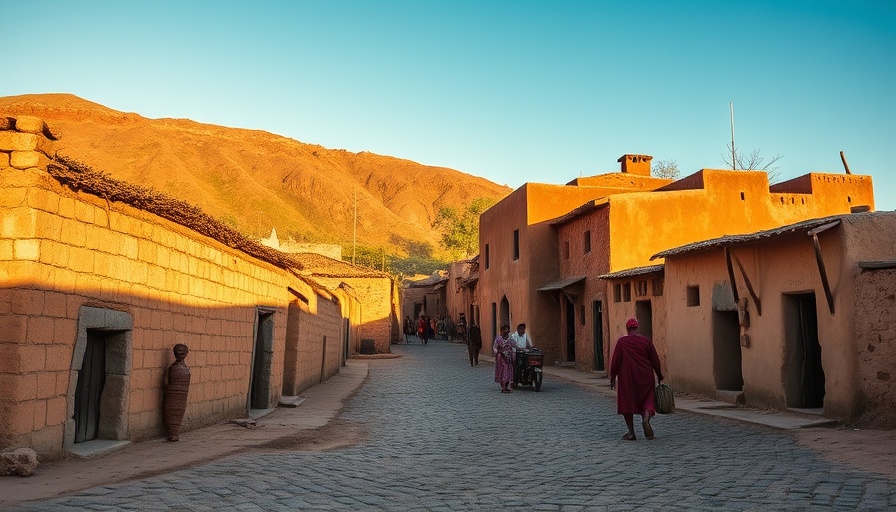
Ethiopia’s Land Reform: A New Era for Foreign Investment
Ethiopia is poised to open its doors wider to foreign investors with a significant land reform initiative. On May 1, the Council of Ministers endorsed a draft legislation that will outline conditions under which foreigners can buy and own land, a profound shift from the longstanding prohibition dating back to the 1974 revolution. Prime Minister’s Office has articulated this move as a strategy to "stimulate housing development, improve accessibility, align supply with demand, and create meaningful employment opportunities." This reform could potentially reshape the investment landscape in Ethiopia and beyond.
Why Foreign Investment Matters
The recent decline in Foreign Direct Investment (FDI) in Ethiopia—from $3.67 billion in 2022 to $3.26 billion in 2023—highlights an urgent need for change. Rashid Khasanov, co-founder of Angel Match, emphasizes that allowing land ownership rather than just long leases could significantly boost investor confidence. This change not only aims to attract investments but also contributes to social growth, tackling unemployment in one of Africa’s fastest-growing populations.
Strategic Advantages for Ethiopia
Geographically, Ethiopia boasts unique trading advantages that, when combined with the proposed land reform, could position it as a favorable market for foreign businesses, particularly those involved in trade and e-commerce. With logistical benefits entwined with Africa's Continental Free Trade Area (AfCFTA), Ethiopia's potential to emerge as a regional trading hub could soon be unlocked.
Facing Challenges Head-On
Despite the promise, challenges remain. The success of this reform hinges on parliamentary approval and the government's ability to create an enabling environment for foreign investors, mitigating concerns rooted in outdated property laws. As Fikru Takele of Land for Life points out, previous attempts to attract foreign investment have not yielded responses. The urgency to address these barriers is palpable given Ethiopia's rich potential to attract diverse investors looking to engage in the vibrant African digital economy and cross-border trade.
In summary, Ethiopia’s land reform proposal is a critical step toward revitalizing its economy. By fostering an environment where foreign capital can thrive, Ethiopia not only opens up avenues for trade but also enhances its presence on the global stage. For exporters and e-commerce businesses, this is an opportune moment to watch closely and consider potential investments in Ethiopia.
 Add Row
Add Row  Add
Add 




Write A Comment